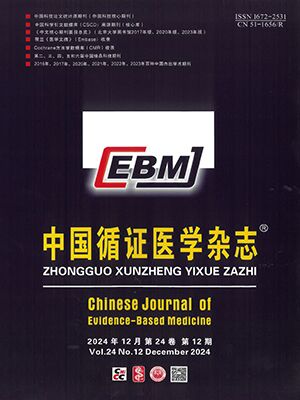Evidence-based medicine (EBM) is a compulsory course for clinical medicine. How to use massive open online courses (MOOC) to improve teaching of EBM and teaching effect is what we should think and explore. Based on the practical applications and features of MOOC, this paper introduces conciseness of knowledge points for MOOC of EBM, design of the videos for MOOC of EBM, the preliminary exploration of MOOC in teaching practice. It is hopefully that using application of MOOC to promote the teaching effect for EBM, and promote the educational reform.
Citation: XING Xin, GU Wenjing, SHANG Wenru, LI Xiuxia, TIAN Jinhui, CHEN Yaolong, MA Bin, BAI Zhenggang, LIU Yali, YANG Kehu. The design of MOOCs for evidence-based medicine and its application in teaching. Chinese Journal of Evidence-Based Medicine, 2017, 17(8): 983-986. doi: 10.7507/1672-2531.201702017 Copy
Copyright © the editorial department of Chinese Journal of Evidence-Based Medicine of West China Medical Publisher. All rights reserved




